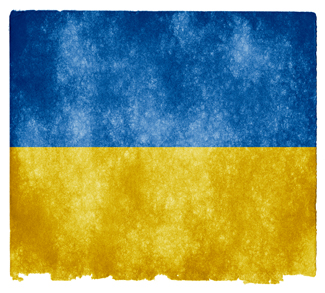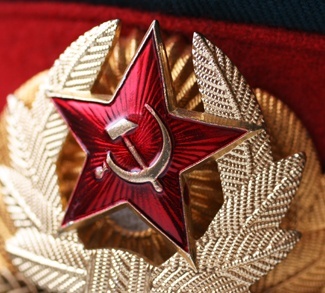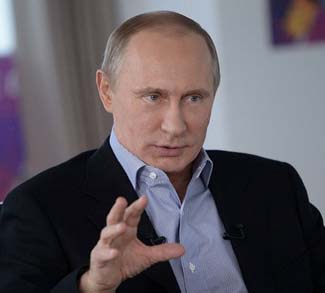The Ukraine crisis is carrying on in much the same fashion it has been since it broke out in early 2014: for every gesture of diplomatic contrition, there are two moves on the ground pointing to further conflict.
The most recent dovish overture comes in the form of a gas deal reached between Moscow and Kiev, one that will also ensure the flow of energy supplies to Western Europe over the coming winter. The deal calls for Ukraine to pay out two tranches of $3.1 billion by the end of the year, covering both its outstanding debts with Gazprom and the 4 billion cubic meters of gas it will need through next March. High levels of EU and IMF assistance will be necessary to help the nearly bankrupt government in Kiev cover the cost of the deal.
Yet there are, as always, hawkish developments unfolding against the backdrop of this ostensible détente. Moscow is openly supporting the elections currently being held in separatist ‘people’s republics’ in the Donetsk and Luhansk regions of Ukraine. These polls come after a resounding victory for pro-West, pro-reform parties in Ukraine’s parliamentary elections last week; a somewhat predictable outcome given the non-representation of a large chunk of the Russia-leaning electorate in the east.
On the military front, the ceasefire endures in word alone, with seven Ukrainian soldiers killed in fighting over the weekend and large convoys of unmarked military hardware spotted moving through the disputed territories.
This all points to greater longevity for the breakaway republics – a situation not unlike Transnistria in Moldova, and South Ossetia and Abkhazia in Georgia. For one, there is absolutely no indication that Moscow is going to blink in the face of Western sanctions. The economic damage being reaped on the Russian economy is obvious – the ruble is tanking, inflation spiking, and central interest rates were hiked last week from 8% to 9.5% – but it remains within controllable levels, and popular opinion is still firmly behind the Russian president.
On the contrary it looks like it’s the Europeans who are about to blink. From the outset of the crisis, the political will to stand up to Moscow was tepid at best, and the tremors rippling through EU economies over the past month have further eroded any appetite for conflict. Nowhere is this reluctance more apparent than in the ups and downs of France’s Mistral delivery to Russia. What initially looked like a hard stance by the Hollande government to cancel delivery of the helicopter carriers is now taking on an air of political theater, as conflicting reports reveal that the delivery may still go forward given the apparent ‘success’ of the ceasefire.
The face-saving caveat for the outside powers is the continued existence of the breakaway people’s republics in eastern Ukraine. For Russia this would be a demonstrable victory in protecting the Russian-speaking peoples and, arguably more importantly as far as President Putin is concerned, a renewal of the country’s great power credentials via a successful standoff with the West. For the European Union it would enable the absorption of Ukraine into its sphere of influence without precipitating direct conflict with its powerful neighbor and energy lifeline to the east. The United States would lose out in the precedent the situation would set – that of a sovereign state annexing territory by force, supporting splinter republics, and then returning to ‘business as usual’ – but for the time being it appears that Washington lacks the soft or hard power options to do anything about it.
The loser in all this, of course, would be the people of Ukraine, who would be deprived an opportunity to reconcile their differences peacefully because of the geopolitical machinations of outside powers. But despite that famously premature prognosis to the contrary, history seems alive and well in the 21st century, and it’s just as ruthless as ever.
The people’s republics in Donetsk and Luhansk won’t be disappearing anytime soon.



